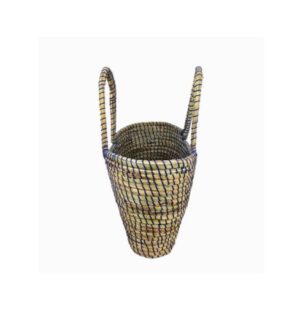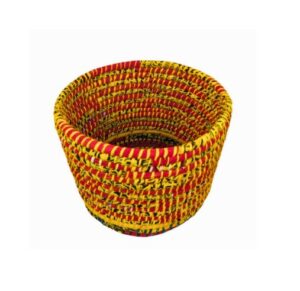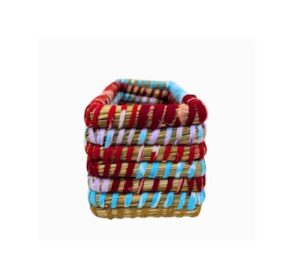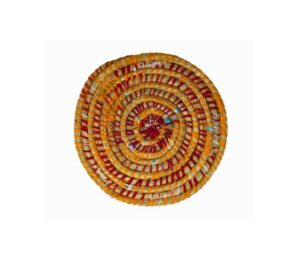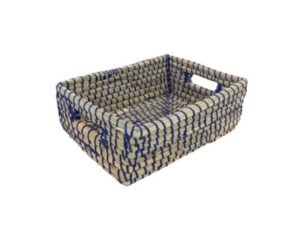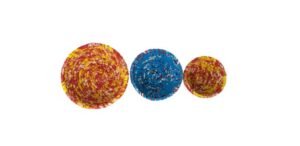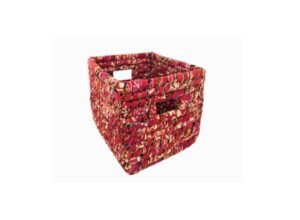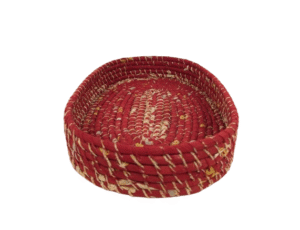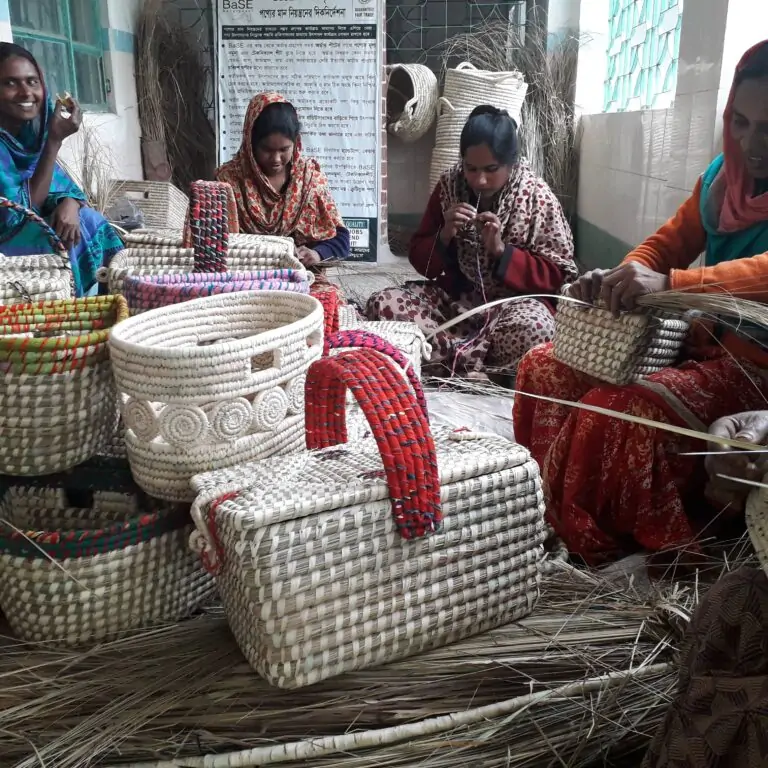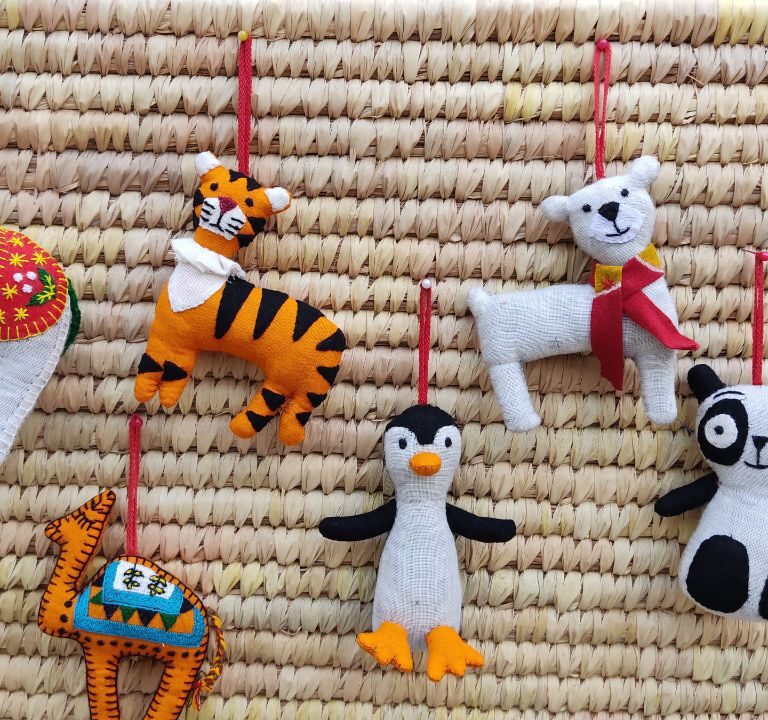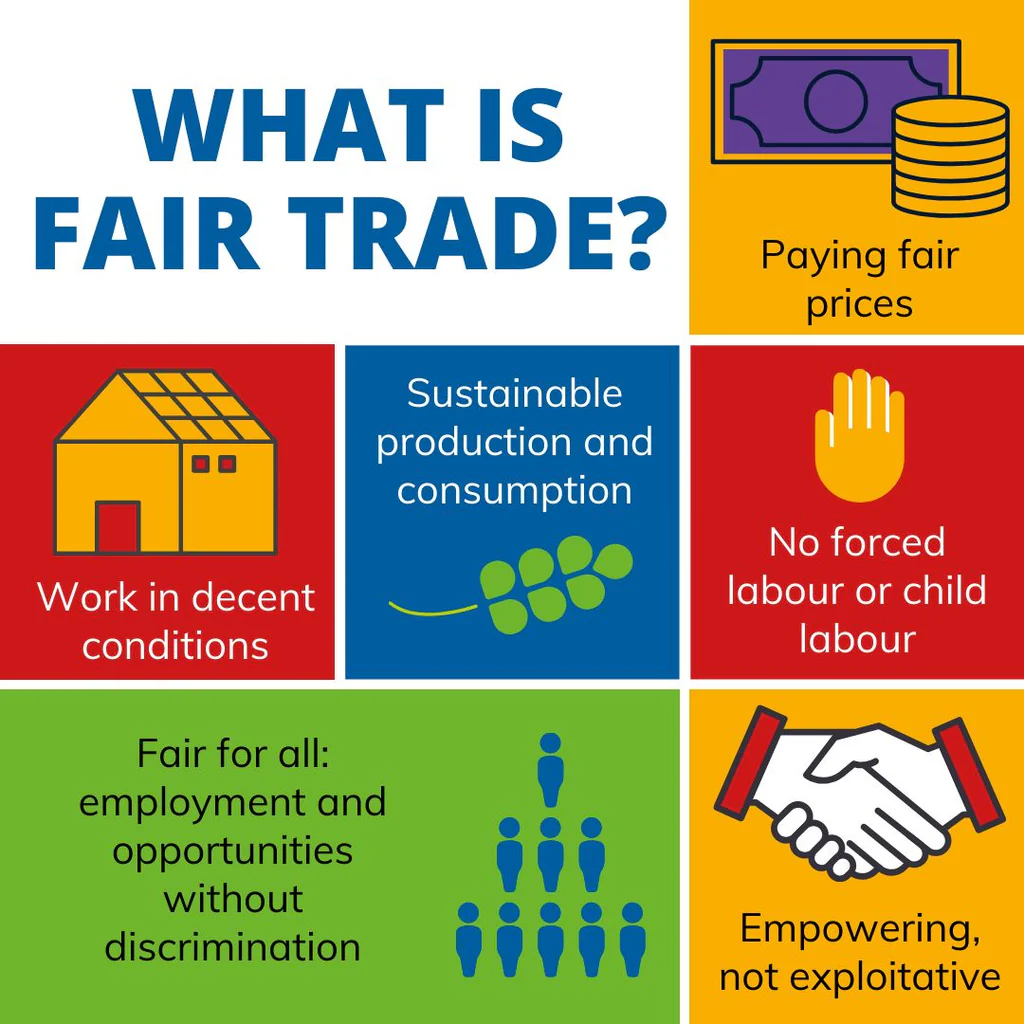
If you’ve ever stood in a supermarket aisle staring at a bag of coffee beans with a “Fair Trade Certified” label and wondered, “Okay, but what does this really mean?” — you’re not alone. Many shoppers today want their money to support more than just a caffeine fix or a sweet chocolate bar. They want their purchases to help farmers earn fair wages, protect the planet, and encourage ethical practices in global trade. That’s where the idea of fair trade comes in.
At its core, fair trade is a global movement designed to balance the scales of commerce. Instead of allowing big corporations to dictate prices and practices, fair trade puts power back into the hands of small-scale farmers, artisans, and workers. Think of it as trade with a conscience: it’s not just about profit, but about people and the planet.
Here’s why this matters: according to the World Fair Trade Organization, millions of producers in developing countries struggle with unstable incomes, unsafe working conditions, and little to no bargaining power. Traditional trade systems often leave them at the mercy of fluctuating global markets. Fair trade steps in to change this narrative by guaranteeing stable prices, ethical treatment, and sustainability.
Table of Contents
- What is Fair Trade? (Definition and Concept)
- History of Fair Trade
- The Core Principles of Fair Trade
- How Does Fair Trade Work?
- What Products Are Fair Trade?
- Fair Trade Products From BaSE Bangladesh
- Mahin Basket (Faka Design)
- BaSE-17006a Sari and Kaisa Round Basket
- BaSE-25013 Sari Faka Lota Basket
- BaSE-11019b Sari Faka Round Basket
- Tray Small (faka design)
- BaSE-17016abc Sari & Kaisa Bowl Set 3
- BaSE-17013 Sari Magazine Basket
- BaSE-17015 Sari Oval Tray
- Benefits of Fair Trade
- Criticisms and Challenges of Fair Trade
- Fair Trade Certification Explained
- Fair Trade vs. Ethical Trade vs. Organic Trade
- How to Support Fair Trade as a Consumer
- Why is Fair Trade Important Today?
- Future of Fair Trade
- Frequently Asked Questions (FAQs) About Fair Trade
- Conclusion
What is Fair Trade? (Definition and Concept)
Fair trade is an organized social and market-based movement that promotes trading partnerships built on transparency, fairness, and respect. It focuses on providing better trading conditions for disadvantaged producers and workers, especially in developing countries.
In simple terms:
👉 Fair trade ensures farmers and workers are paid fairly, work in safe conditions, and use sustainable practices.
It’s important to highlight what fair trade is not. It is not charity, and it is not a marketing gimmick. Instead, it’s a structured system where producers receive a minimum price for their goods and, in many cases, an additional premium to invest in their communities.
Fair Trade vs. Free Trade
- Free trade emphasizes lowering barriers for corporations to buy and sell globally, often at the lowest possible cost.
- Fair trade, on the other hand, prioritizes people and the planet over pure profit.
So while free trade may deliver cheap products, fair trade asks: cheap for whom and at what cost?
History of Fair Trade
The roots of fair trade go back to the 1940s and 1950s, when religious and humanitarian groups in Europe and North America started selling handicrafts from poor communities to help them earn a living. One of the earliest examples was Ten Thousand Villages in the U.S., founded in 1946, which sold handmade goods from artisans in developing nations.
By the 1970s, the movement expanded to agricultural goods like coffee, cocoa, and sugar—commodities heavily tied to global inequality. In 1988, the first official Fairtrade certification label was launched in the Netherlands, allowing consumers to identify ethically sourced products.
Today, fair trade has grown into a global certification system recognized across industries, supported by organizations like Fairtrade International, World Fair Trade Organization (WFTO), and Fair Trade USA.
The Core Principles of Fair Trade
The entire movement is guided by a clear set of principles that define its practices.
- Fair Wages for Producers – Farmers and workers are guaranteed a stable minimum income.
- Safe and Ethical Working Conditions – Protection against unsafe environments, exploitation, or forced labor.
- No Child Labor or Forced Labor – Certified producers must adhere strictly to labor laws.
- Environmental Sustainability – Encouragement of organic farming, reduction of harmful chemicals, and eco-friendly methods.
- Transparency and Accountability – Supply chains must be open and traceable.
- Empowering Marginalized Communities – Supporting small-scale farmers, especially women and indigenous groups.
This framework ensures fair trade isn’t just a label, but a complete ethical system.
How Does Fair Trade Work?
The process behind fair trade may seem complicated, but it follows a clear structure:
- Producers (farmers, artisans, workers) apply for certification.
- Certification bodies audit their practices, ensuring compliance with fair trade standards.
- Once certified, products can carry the Fair Trade Certified label.
- Consumers then choose these products, often at a slightly higher price, but with the knowledge that the extra cost supports ethical trade.
It’s a cycle that creates a direct connection between consumers and producers, with certification bodies acting as the middle ground of trust.
What Products Are Fair Trade?
The fair trade label covers a wide range of goods, though some categories dominate.
- Coffee & Tea – Perhaps the most iconic fair trade items. Coffee cooperatives worldwide benefit greatly from fair trade prices.
- Chocolate & Cocoa – With child labor a major issue in cocoa farming, fair trade cocoa ensures safer conditions.
- Bananas & Fresh Produce – One of the first large-scale agricultural goods to be fair trade certified.
- Sugar & Spices – Ensures small farmers get fairer deals compared to global sugar giants.
- Clothing & Textiles – Fair trade cotton helps improve wages and working conditions for garment workers.
- Handicrafts & Artisanal Goods – From jewelry to home décor, artisans benefit by reaching global markets.
This variety shows that fair trade isn’t confined to niche products; it’s woven into everyday life.
Fair Trade Products From BaSE Bangladesh
Benefits of Fair Trade
Fair trade brings value to multiple stakeholders:
- For Producers: Stable incomes, access to international markets, community investments.
- For Consumers: Assurance that purchases align with ethical values.
- For the Environment: Organic farming, reduced carbon emissions, sustainability.
- For Global Trade: A shift toward transparency and equality.
According to Fairtrade International’s 2022 report, over 1.8 million farmers and workers across 75 countries directly benefit from fair trade programs. That’s not just statistics—it’s real impact on communities.
Criticisms and Challenges of Fair Trade
While fair trade has many supporters, it’s not without criticism:
- Higher Costs: Products are often more expensive, limiting consumer access.
- Certification Costs: Small producers may struggle to afford certification fees.
- Limited Reach: Not all products or regions are covered under fair trade.
- Effectiveness Debate: Critics argue fair trade alone cannot fix global inequality.
These challenges highlight the need for ongoing reforms and innovation within the system.
Fair Trade Certification Explained
Fair trade certification is the backbone of consumer trust. Major certifiers include:
- Fairtrade International
- Fair Trade USA
- World Fair Trade Organization (WFTO)
A certified product carries the Fair Trade Certified label, ensuring compliance with global standards. Consumers should look for these logos when shopping.
Fair Trade vs. Ethical Trade vs. Organic Trade
It’s easy to confuse these terms, but they aren’t the same:
- Fair Trade – Focuses on fair wages, community benefits, and ethical labor.
- Ethical Trade – Broader, covering corporate social responsibility, supply chains, and human rights.
- Organic Trade – Primarily environmental, emphasizing natural farming and no chemicals.
Some products overlap, carrying both fair trade and organic certifications.
How to Support Fair Trade as a Consumer
Supporting fair trade doesn’t require drastic lifestyle changes.
- Look for labels on everyday purchases like coffee, tea, chocolate, and clothing.
- Shop at retailers and supermarkets that carry fair trade brands.
- Support local shops that stock artisanal fair trade goods.
- Raise awareness among family and friends.
Your choices matter—every purchase is a vote for the type of world you want.
Why is Fair Trade Important Today?
Fair trade connects directly to global issues:
- Climate change: Encourages sustainable farming.
- Ethical consumerism: Growing demand from conscious shoppers.
- Global inequality: Offers a path toward fairer systems.
- UN Sustainable Development Goals (SDGs): Aligns with goals on poverty reduction, gender equality, and responsible production.
Future of Fair Trade
Fair trade is expected to grow, especially with younger consumers prioritizing sustainability. Digital platforms are making certification more accessible, and blockchain technology may increase traceability in supply chains. The movement is evolving, but its mission remains the same: fairness for all.
Frequently Asked Questions (FAQs) About Fair Trade
What is the main goal of fair trade?
To create equitable trade systems that benefit producers, consumers, and the environment.
Why are fair trade products more expensive?
Because they include fair wages, sustainable farming, and community investments.
Can fair trade products be organic?
Yes, many fair trade products are also certified organic.
How do I know if a product is fair trade?
Look for the Fair Trade Certified or Fairtrade International logo.
Conclusion
Fair trade isn’t just a label on coffee or chocolate—it’s a movement that redefines how we think about commerce. By focusing on fairness, sustainability, and empowerment, it gives small producers a chance to thrive while allowing consumers to make purchases that align with their values.
Next time you sip your morning coffee or unwrap a chocolate bar, remember: you’re not just enjoying a product—you might be supporting a farmer, a family, and a community striving for a fairer future.


